
Higher blood eosinophils, younger age, and eosinophilic chronic rhinosinusitis were among factors associated with a switch from initial biologic therapy in a new study.
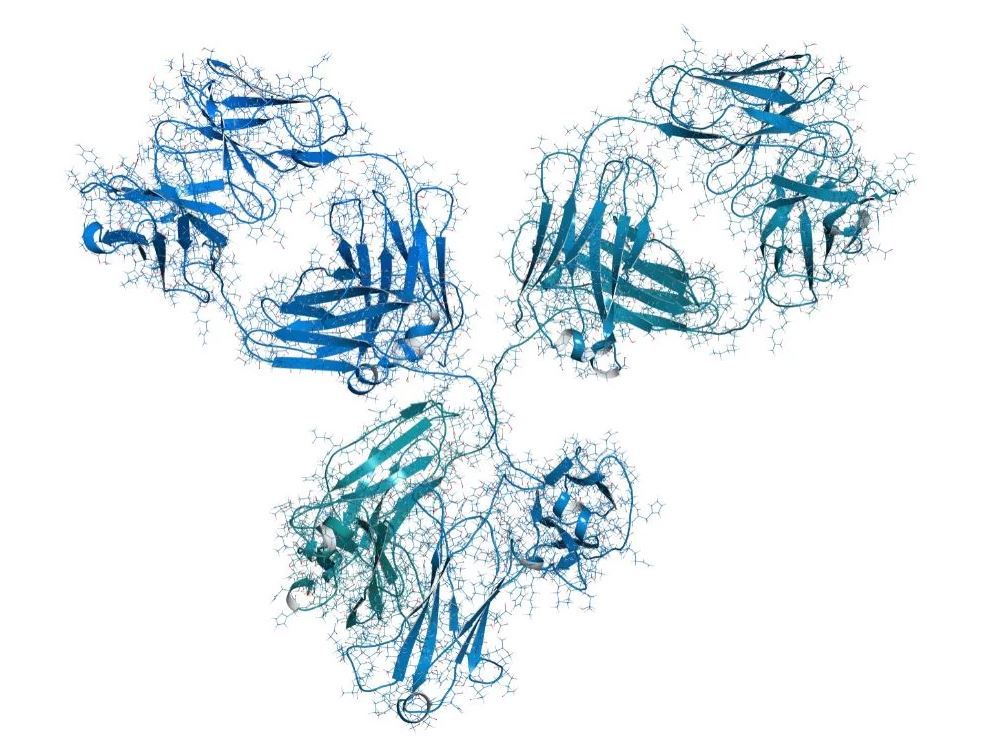
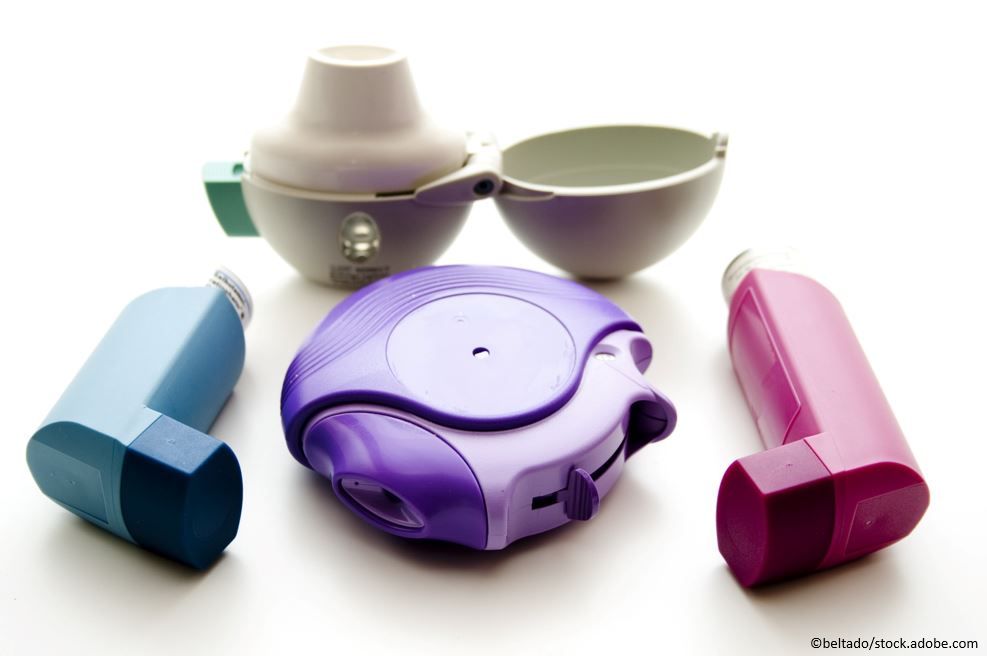
Novel Fixed-dose Albuterol-Budesonide Inhaler Significantly Reduced Exacerbation Risk in Severe Asthma
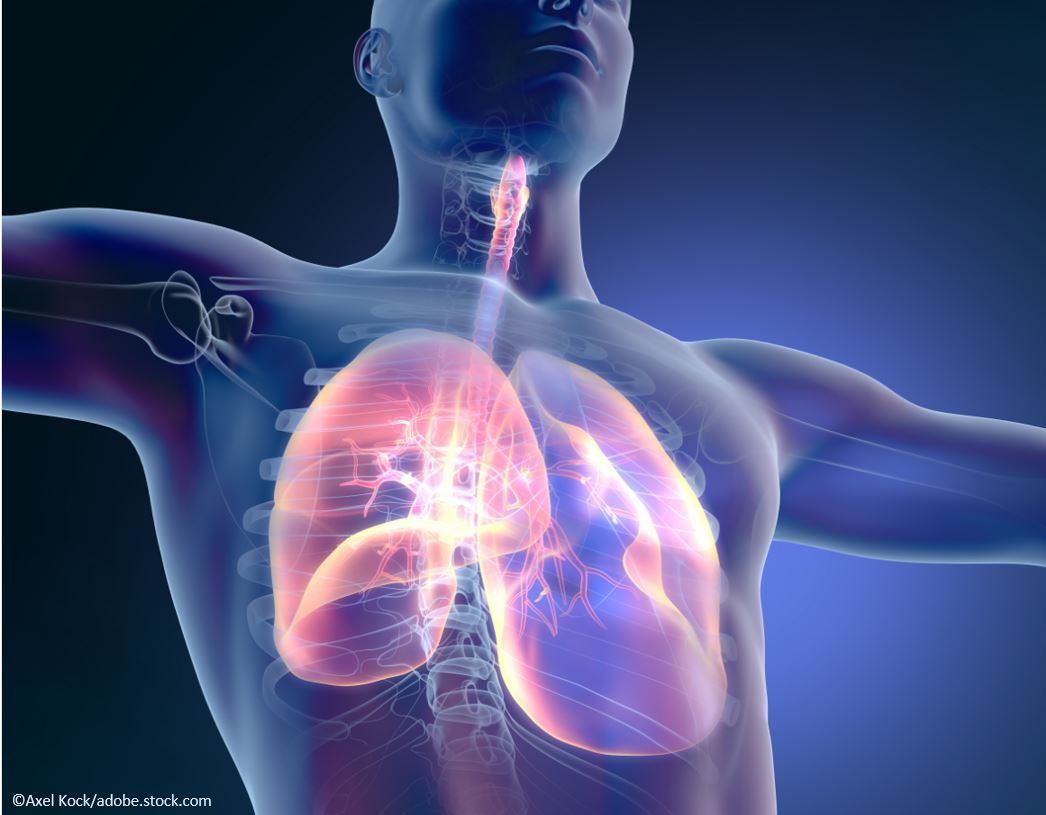
Objective Confirmation of Asthma Diagnosis Often Missing in Primary Care, Study Suggests

Higher blood eosinophils, younger age, and eosinophilic chronic rhinosinusitis were among factors associated with a switch from initial biologic therapy in a new study.

The FDA has approved the first generic budesonide and formoterol fumarate dihydrate inhalation aerosol for the treatment of asthma and COPD.

Tara Carr, MD, led a post hoc analysis of the NAVIGATOR phase 3 trial and presented data on tezepelumab efficacy in the vulnerable subgroup at the AAAAI 2022 meeting.
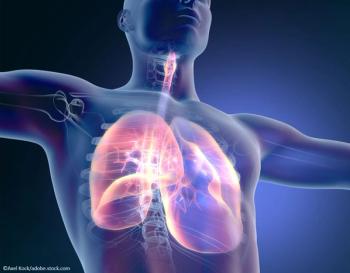
AAAAI 2022: Mepolizumab found effective in standard clinical care regardless of type 2 eosinophil biomarker status in patients with severe asthma.
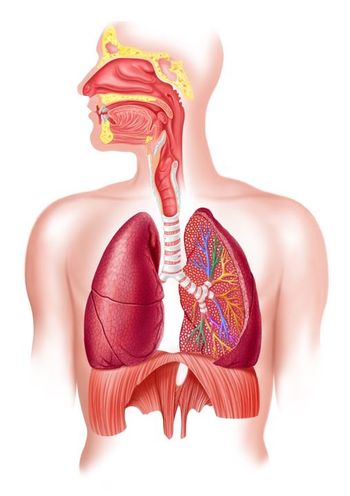
Tezepelumab, a TSLP inhibitor, reduced asthma exacerbation rates in patients with severe uncontrolled disease across a range of respiratory comorbidities.
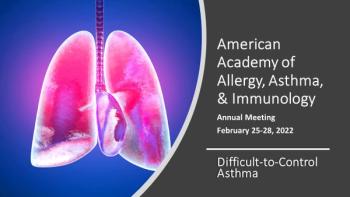
AAAAI late-breaking science and findings that could change your treatment plan for patients with severe asthma, summarized by our editors for easy access.
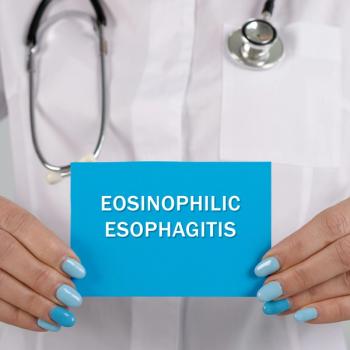
AAAAI 2022: New study found patients with eosinophilic esophagitis who received dupilumab experienced clinically meaningful improvements in symptoms.

Dupilumab significantly reduced itch and hives in patients with H1 antihistamine-resistant chronic spontaneous urticaria, according to new research.
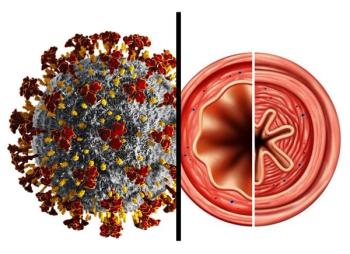
Patients with asthma who did require hospitalization for SARS-CoV-2 infection were at greater risk for intubation and remdesivir treatment, a new study reports.
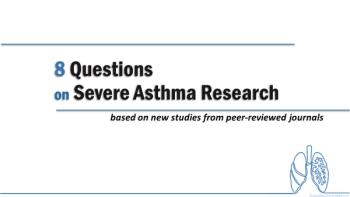
New study findings on asthma exacerbation risk prediction, rapid steroid reduction, and patient perception of disease lead this quick quiz.

In the majority of studies that reported racial/ethnic data, White participants were highly overrepresented and Black/Hispanic/all Other underrepresented.
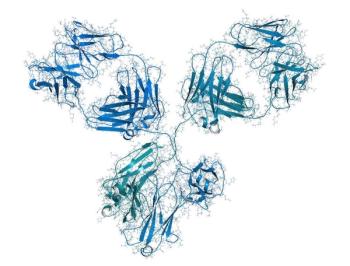
Patients with severe, uncontrolled asthma given tezepelumab experienced a reduction in asthma symptomatic days, found a new analysis of the NAVIGATOR trial.
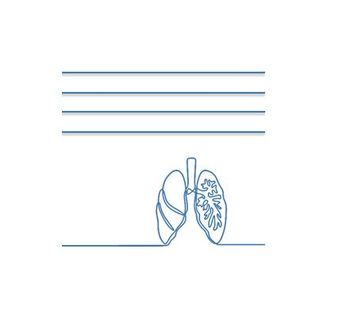
Research summaries on GINA revisions, a steroid-reduction algorithm, factors that predict asthma exacerbation risk, and more.

Tezepelumab significantly reduced exacerbations that required hospitalization or an emergency department visit in a new analysis of patients with moderate-to-severe, uncontrolled asthma.
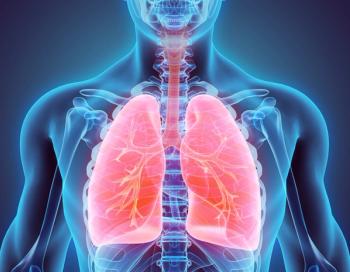
New research highlights several key risk factors that are likely to accelerate the progression from asthma to COPD, including older age and prior tobacco use.
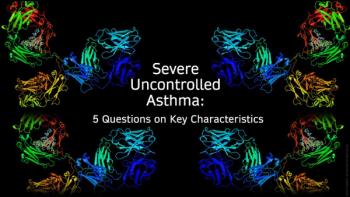
Optimal use of biologic therapy for severe uncontrolled asthma rests on understanding of the disease itself. Try this quick quiz to test your knowledge.
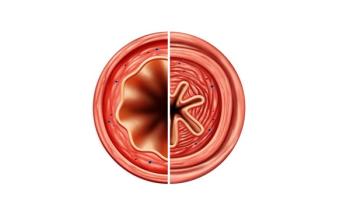
New data from the phase 3 NAVIGATOR trial found tezepelumab treatment reduced inflammatory biomarkers of severe, uncontrolled asthma in as little as 2 weeks.
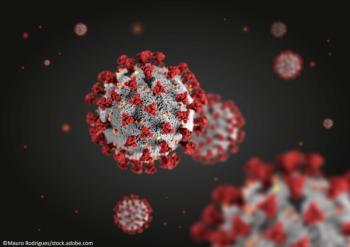
Adults with asthma who had a prior hospitalization or required 2 or more courses of oral corticosteroids were at increased risk of poor COVID-19 outcomes, according to a new study.

New data from the phase 3 NAVIGATOR trial demonstrate superior efficacy of tezepelumab to reduce asthma exacerbations in severe disease year round.

Occupational exposure to pesticides was linked to an increased risk of COPD in a large UK study.

Known as BA.2, the new Omicron subvariant is now circulating at low levels in the US. What can you tell your patients? Here's what we know, now.

A team of researchers published proposed criteria for the discontinuation of biologics for patients with severe asthma that has been controlled.
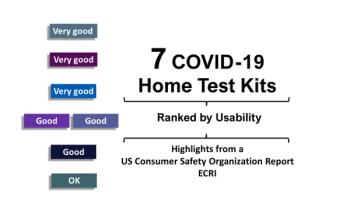
Seven at-home COVID-19 rapid tests, all available online or at retail, are ranked for dexterity required, instruction legibility, and other features you may need to parse for your patients.

Adults with atopic disease and asthma had a 38% decreased risk of COVID-19 infection, according to a new UK study.

The CDC recommends ASAP use of antivirals in certain high-risk patient groups. Test your memory of who is in those groups with 2 short questions.